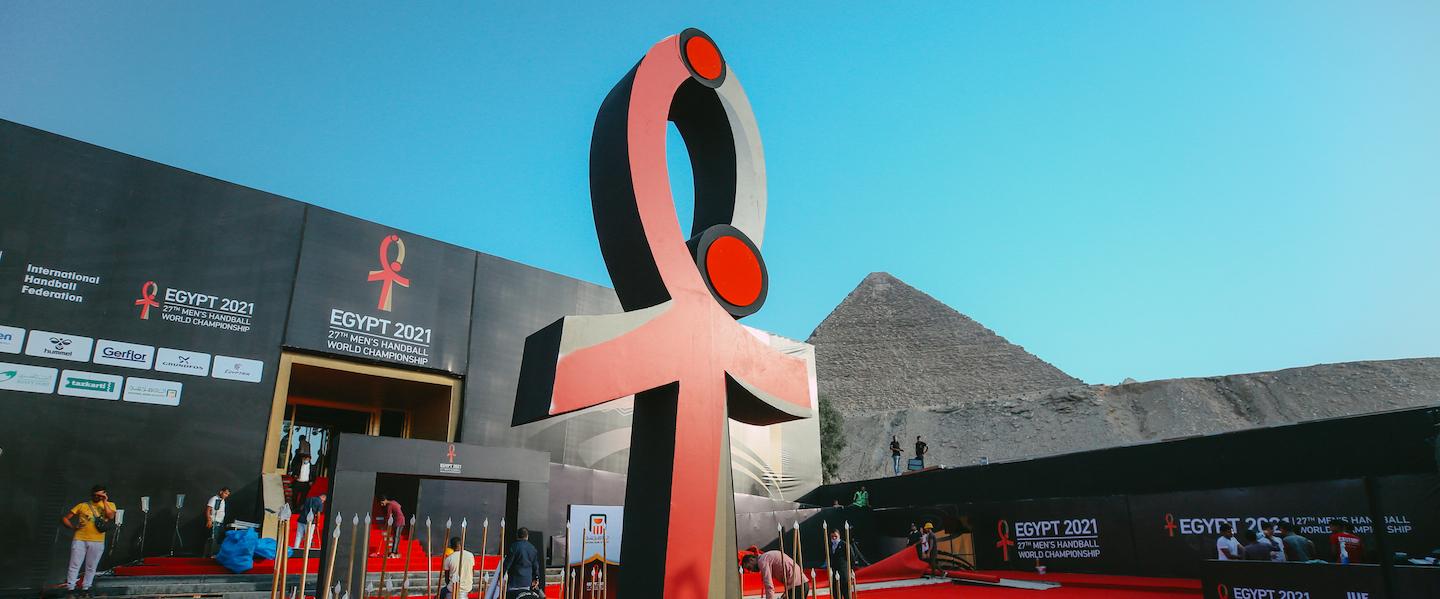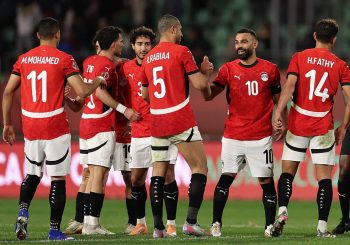In an era where nations increasingly recognize the power of soft diplomacy – a strategy where nations use cultural influence, attraction, and persuasion rather than coercion or force to achieve foreign policy goals – Egypt is strategically leveraging its sporting assets to enhance its international standing, foster stronger global relations, and contribute to its long-term developmental goals.
By capitalizing on its rich sports culture, the global appeal of its athletes, and a history of hosting significant events, Egypt aims to boost tourism, strengthen diplomatic ties, and project a positive image on the world stage.
This approach, deeply rooted in the principles of public diplomacy and soft power, seeks to build bridges of understanding and cooperation through the universal language of sports.
The concept of sports diplomacy, while relatively new in its formal application, has historical roots. As Stuart Murray, a leading expert in the field, explains, sports and diplomacy share a fundamental similarity: both are ancient civic devices for overcoming estrangement between separate groups.
Just as diplomats represent their countries on the international stage, so too do athletes, striving to win for their nation and adhering to a set of rules and expectations. This shared framework makes sports a natural extension of diplomatic efforts by offering a unique platform for cultural exchange and relationship building.
Egypt’s approach to sports diplomacy is multifaceted, according to researcher and public Najwa AlSaeed. It encompasses event hosting, athlete representation, and strategic communication, aimed at enhancing international relations and cultural exchange.
However, a central pillar of its strategy revolves around leveraging the global recognition and influence of its athletes, particularly in football.
Leveraging the Influence of International Players
Mohamed Salah, the nation’s current most accomplished footballer, has become a powerful symbol of Egyptian excellence and a key instrument in the country’s diplomatic efforts.
While resource constraints limit Egypt’s ability to compete with wealthier nations like Qatar, the United States, France, and Germany in hosting major international tournaments or acquiring prominent clubs, the country has adapted by leveraging Salah’s individual success.
His achievements, both on and off the field, are consistently highlighted in Egyptian media, serving as a potent tool for promoting Egyptian tourism, attracting foreign investment, and fostering international partnerships. In fact, Mohamed Salah recurrently appears in private and public advertisement, to showcase Egyptian culture and values while endorsing local brands and initiatives that further enhance the nation’s image abroad.
Promoting Salah’s success aligns with Egypt’s Vision 2030 by positioning sports as a key driver for economic growth and international engagement. By highlighting athletes like Mohamed Salah and hosting sporting events, Egypt aims to attract tourism, foreign investment, and global attention.
This elevates the country’s international profile and stimulates local economies and enhances social cohesion. Furthermore, the emphasis on sports diplomacy supports the vision’s goals of improving the quality of life for citizens through increased recreational opportunities and community development
The impact of Salah’s influence on Egypt’s global image is undeniable. According to a 2022 study by Dr. Fatima Al-Zahraa Saad Muhammad Taha, his performance in the Premier League significantly enhanced Egypt’s reputation in the United Kingdom, with awareness of the country increasing by a remarkable 35-fold following his acquisition by Liverpool F.C.
As a result, Salah’s commitment to family, community, and charitable causes has further endeared him to fans around the world, reinforcing a positive image of Egypt as a nation of dedicated individuals. His role as a cultural ambassador extends beyond the football pitch, contributing to a broader narrative of Egyptian identity and values.
Moreover, squash is immensely popular in Egypt, with athletes consistently rising to the top of the world rankings. The country hosts numerous tournaments, from the El Gouna Squash Open, CIB Squash Open by the Pyramids of Giza, World Championships and World Junior Championships. Athletes like Ali Farag, the current world number one, are redefining squash in Egypt, attracting more tourists who come to watch him perform in his home country.
Egypt’s sports diplomacy efforts are not solely reliant on individual athletes.
The country also recognizes the importance of hosting and participating in sports events as a means of fostering international goodwill and showcasing its capabilities.
Egypt recognizes the importance of hosting and participating in sports events like the Olympics to foster international goodwill and showcase its capabilities. In addition to event hosting and athlete representation, the country employs various diplomatic and sports communication strategies to amplify its message and engage with international audiences, actively participating in events like the World Athletics Championships, to demonstrate its commitment to global sports engagement.
Expanding Egypt’s Sports Diplomacy
While it may not yet be able to secure mega-events like the FIFA World Cup or the Olympics, Egypt actively seeks opportunities to host regional and continental competitions.
For instance, Egypt successfully hosted the 2019 Africa Cup of Nations to showcase its ability to organize major sporting events and attract international visitors.
Additionally, the country has been involved in hosting the African Handball Championship in 2024, and has plans to attract other sports events like the 2025 U-20 Africa Cup of Nations (AFCON) and the 2025 IHF Men’s U19 Handball World Championship
Its strategies include targeted media campaigns, cultural exchange programs, and partnerships with international sports organizations. For example, Egypt has partnered with organizations like the African Union Sports Council to host workshops and events that foster regional sports development and cooperation.
Despite its successes, Egypt’s sports diplomacy efforts face several challenges.
According to a 2023 article by researcher Nouran Ahmed, resource constraints, political instability can hinder the effectiveness of its initiatives.
The article proposes attracting foreign investment in the sports sector and leveraging Egypt’s youth population to foster sports participation and economic growth. Also, it advocates for developing sports infrastructure, building sustainable partnerships with Arab Gulf countries, and integrating sports with other sectors like technology and pharmaceuticals.
By promoting athletes like Mohamed Salah and hosting significant events, the country aims to boost tourism and investment. This strategic approach elevates Egypt’s image and also aligns with its long-term developmental goals and Vision 2030.







Comments (0)